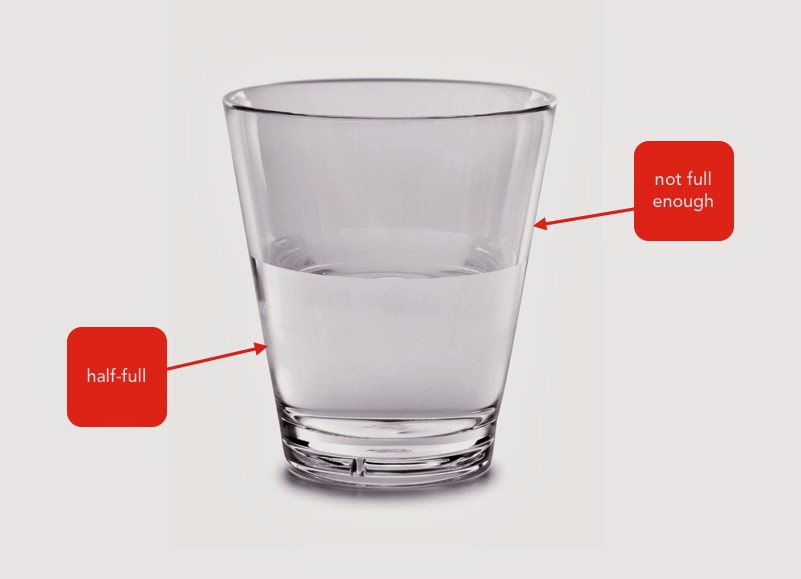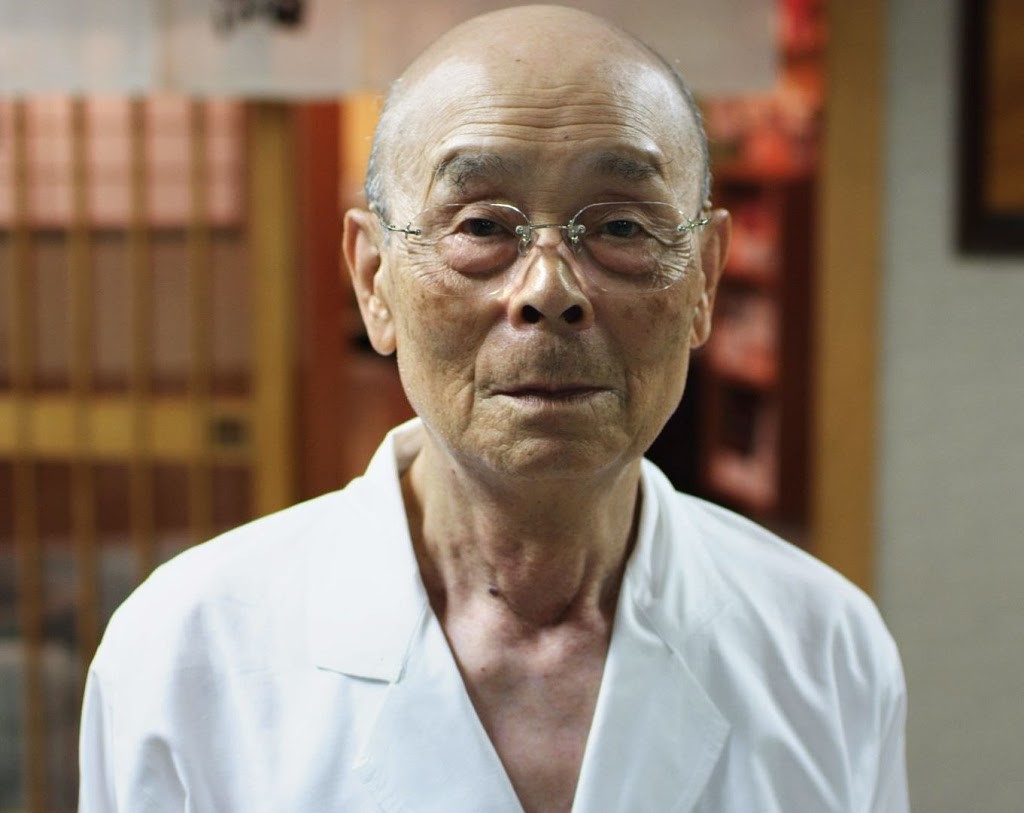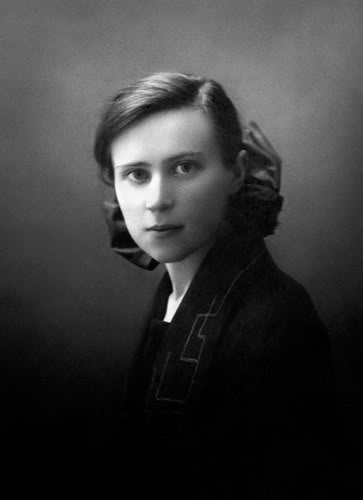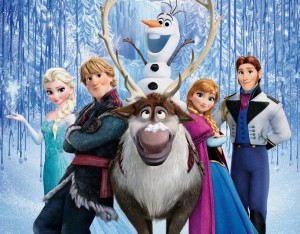
Courtesy of Fearless Men
You woke up late. As you rushed to get ready for breakfast, you stubbed your toe against a table.
“Ouch! #%*@&!”

Courtesy of Fearless Men
You woke up late. As you rushed to get ready for breakfast, you stubbed your toe against a table.
“Ouch! #%*@&!”

Are you seeing the same old posts on Facebook? Or coming across the same old folks on your LinkedIn newsfeed?
Maybe you’ve repeatedly stumbled across uncannily accurate ads that scare the wits out of you?
What does success look like? How do you know that you have arrived?
For some, success is quantified by wealth, status and luxury. They relish the idea of being comfortably ensconced in the top rungs of the social and corporate ladder. Here, success is measured by distinctions, degrees, bank accounts, job titles, and material possessions.

Jiro Ono (courtesy of Magnolia Pictures)
85 year old Jiro Ono of Sukiyabashi Jiro is an exceptional sushi chef.
He is so good in his craft that his tiny 10-seater restaurant in a subway in Tokyo is accorded with three Michelin stars. And he is still working there, almost every single day of the year.

Russian psychologist/psychiatrist Bluma Zeigarnik (source of image)
What do video gamers, book worms and waiters taking multiple orders have in common?
Well, they usually remember what they have not completed until the task is done. And then, it literally gets wiped out of their system.
Why do underdogs triumph over mightier enemies? How does one turn a weakness into a strength?
In yet another entertaining trip of the intellect, Malcolm Gladwell’s latest volume David and Goliath tackles perennial paradoxes with much aplomb. Written in his usual captivating prose, Gladwell’s book – subtitled Underdogs, Misfits and the Art of Battling Giants – provides one with much food for thought while challenging conventional wisdom.

Courtesy of Life Hacker
Decisions, decisions, decisions. If only you can make better ones in the course of your work and life.
Thanks to a recent podcast on Derek Halpern’s Social Triggers Insider featuring Dan Heath, co-author of Decisive, I uncovered a couple of secrets to making good decisions.

Courtesy of Disney
Disney’s latest blockbuster movie Frozen was a blast, freezing the competition in their tracks this winter.
Taking top prize at the 41st Annie Awards for best animated film, the film is nominated for two Oscars, and has heated up box offices worldwide. Costing US$300 million to make, Frozen is anticipated to generated some US$1 billion when it completes its big-screen run. The movie did so well that it helped Disney to report a 33% increase in quarterly profits and has been lauded by Disney’s CEO Bob Iger as a “turnaround for animation”.
Courtesy of Healthland.Time
Have you heard of the “marshmallow test” for kids?
First conducted by American psychologist Walter Mischel in the 1960s, the experiment involved putting four-year olds in a room with a marshmallow on a plate, and testing how long they could endure before popping that sweet morsel into their mouths.